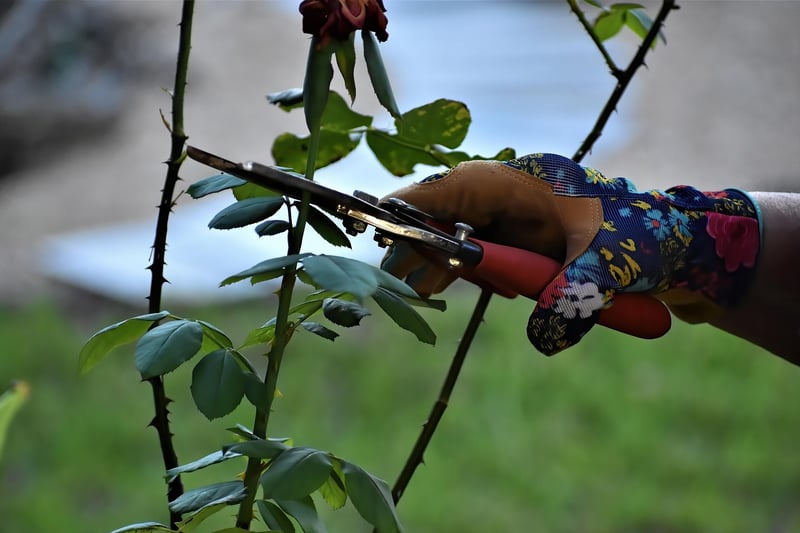Pruning Guide
How to Care for Your Vertical Garden + Pruning Guide
Introduction to Vertical Gardens
Vertical gardens are a fantastic way to bring greenery into small spaces, create privacy, and add visual interest to your home or office. Proper care is essential to ensure your vertical garden thrives and looks its best. Below are some tips on how to care for your vertical garden and a guide to pruning your plants effectively.
Caring for Your Vertical Garden
- Watering: Make sure to water your vertical garden regularly, as plants in vertical gardens can dry out quicker than traditional gardens. Check the moisture levels frequently, especially during hot weather.
- Light: Ensure your vertical garden gets enough sunlight based on the plants you have. Some plants require full sun, while others thrive in partial shade.
- Fertilizing: Use a balanced liquid fertilizer to feed your plants every few weeks, especially during the growing season.
- Weeding: Keep an eye out for any weeds that may grow in your vertical garden and remove them promptly to prevent them from taking over.
- Pest Control: Inspect your plants regularly for any signs of pests or diseases. Treat them promptly to avoid infestations.
Pruning Guide for Vertical Gardens
Pruning is essential to keep your vertical garden looking neat and healthy. Follow these steps for effective pruning:
- Identify: Identify any dead, damaged, or overgrown parts of the plant that need to be pruned.
- Tools: Use sharp and clean pruning shears to make precise cuts without damaging the plant.
- Technique: Cut back overgrown stems, remove dead or yellowing leaves, and shape the plant to encourage healthy growth.
- Timing: Prune your plants regularly, especially after the flowering season, to promote new growth.
Conclusion
By following these care tips and pruning guide, you can ensure that your vertical garden remains healthy and vibrant. Regular maintenance and attention to detail will help your plants thrive and enhance the beauty of your vertical garden.

Remember, each plant may have specific care requirements, so always research the needs of your plants to provide them with the best environment to grow.
Happy gardening!
